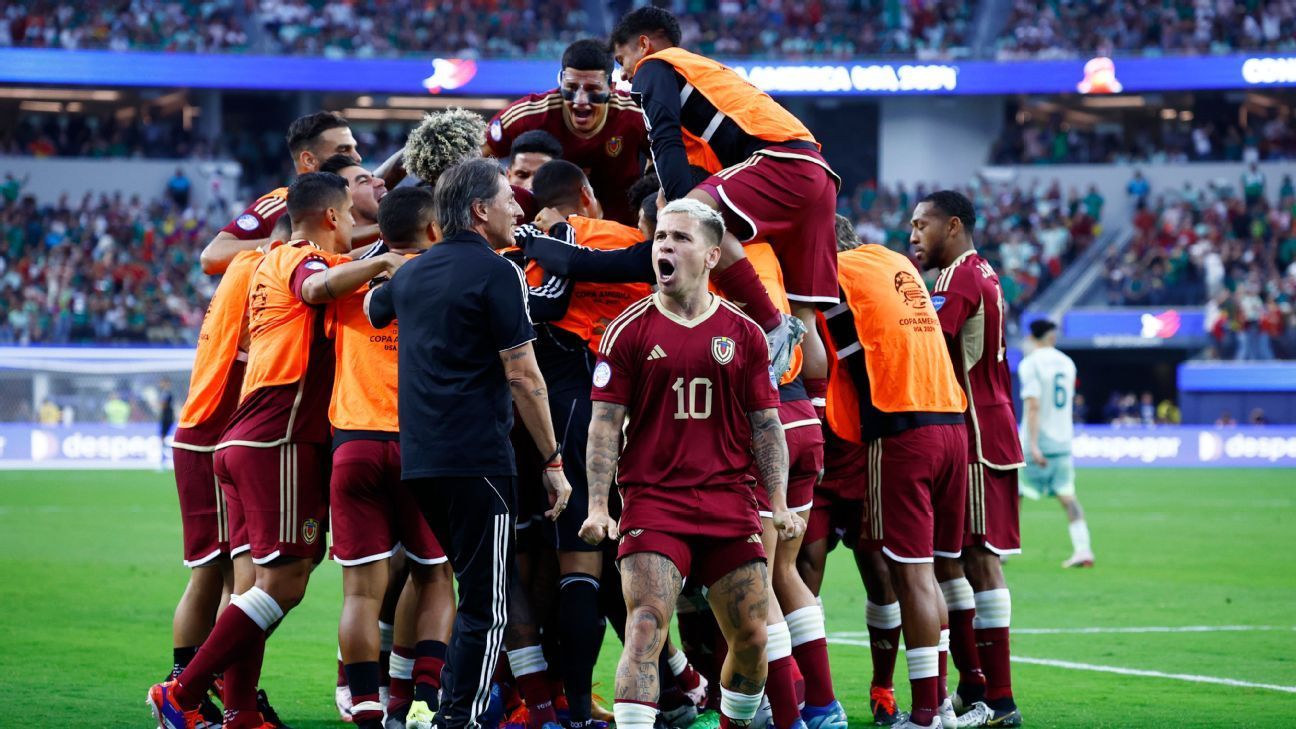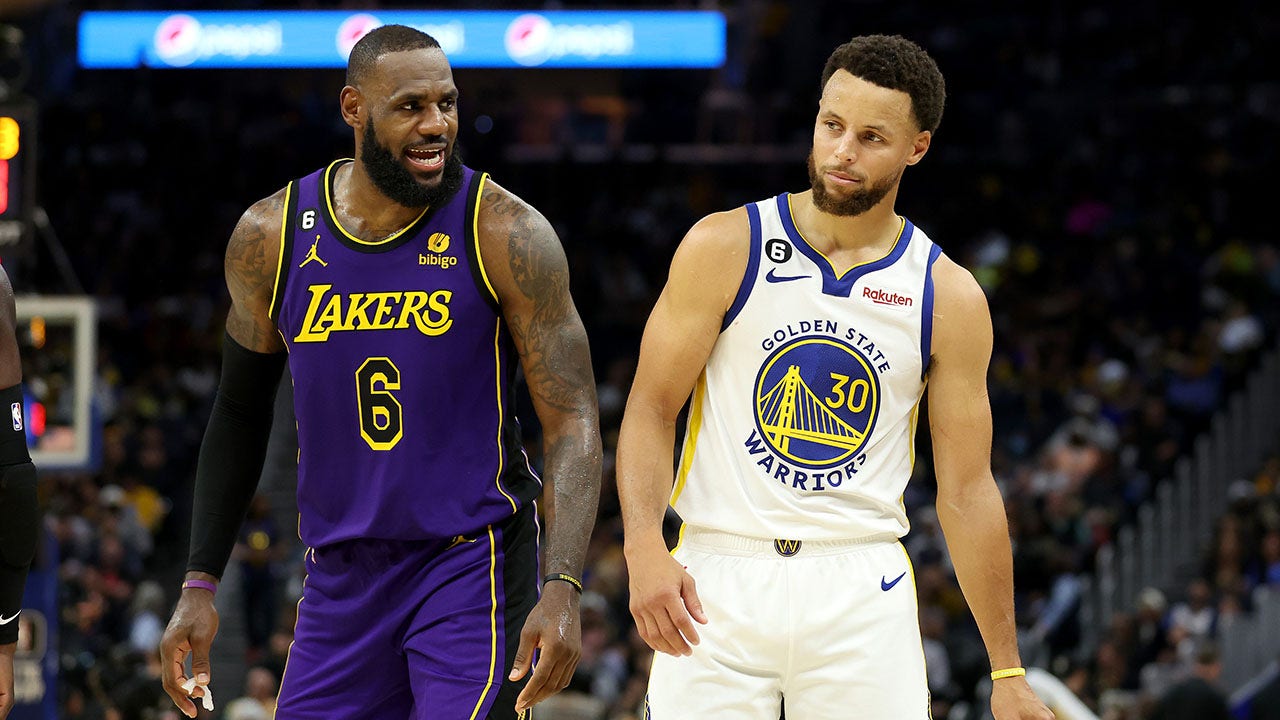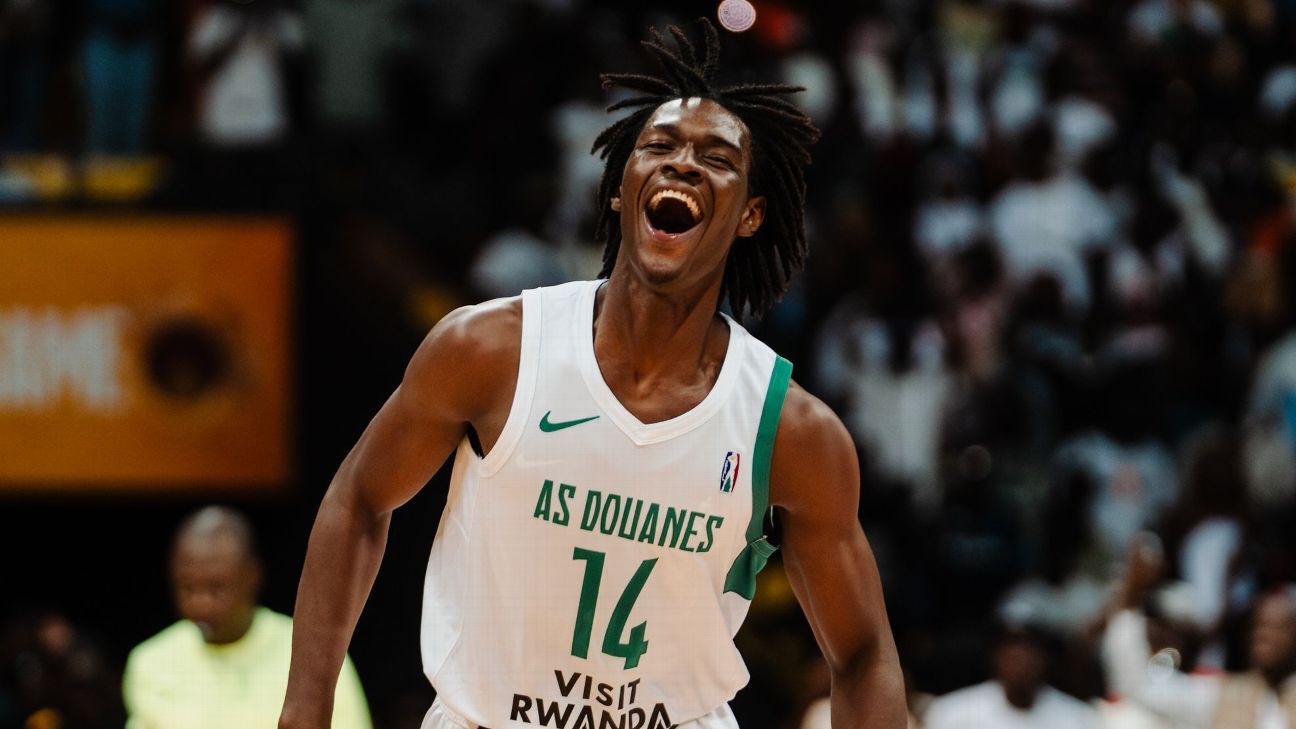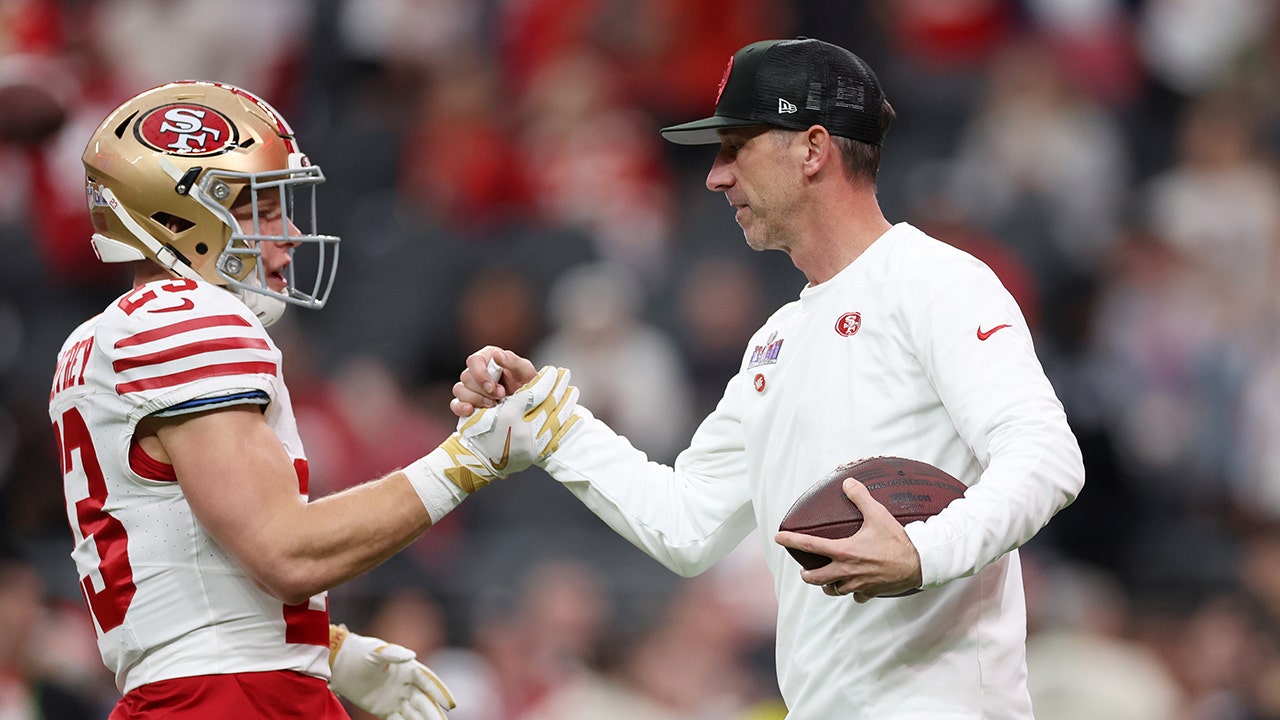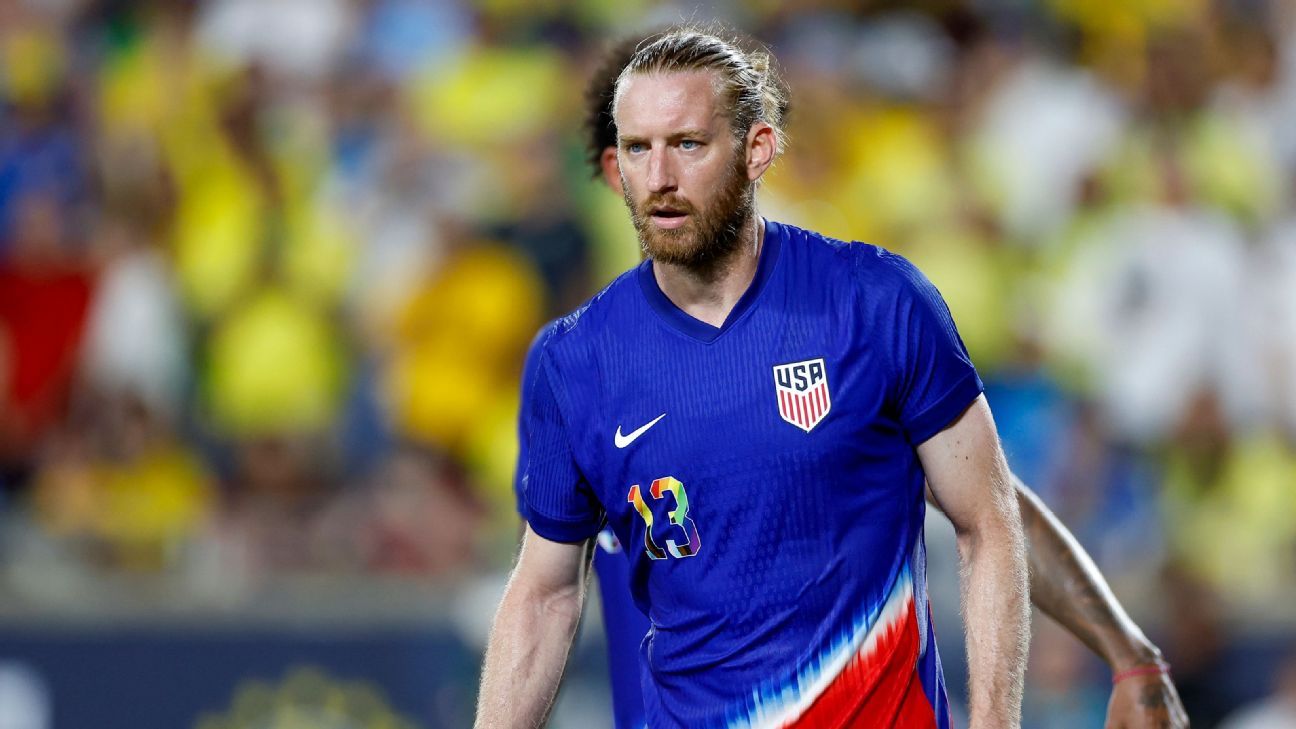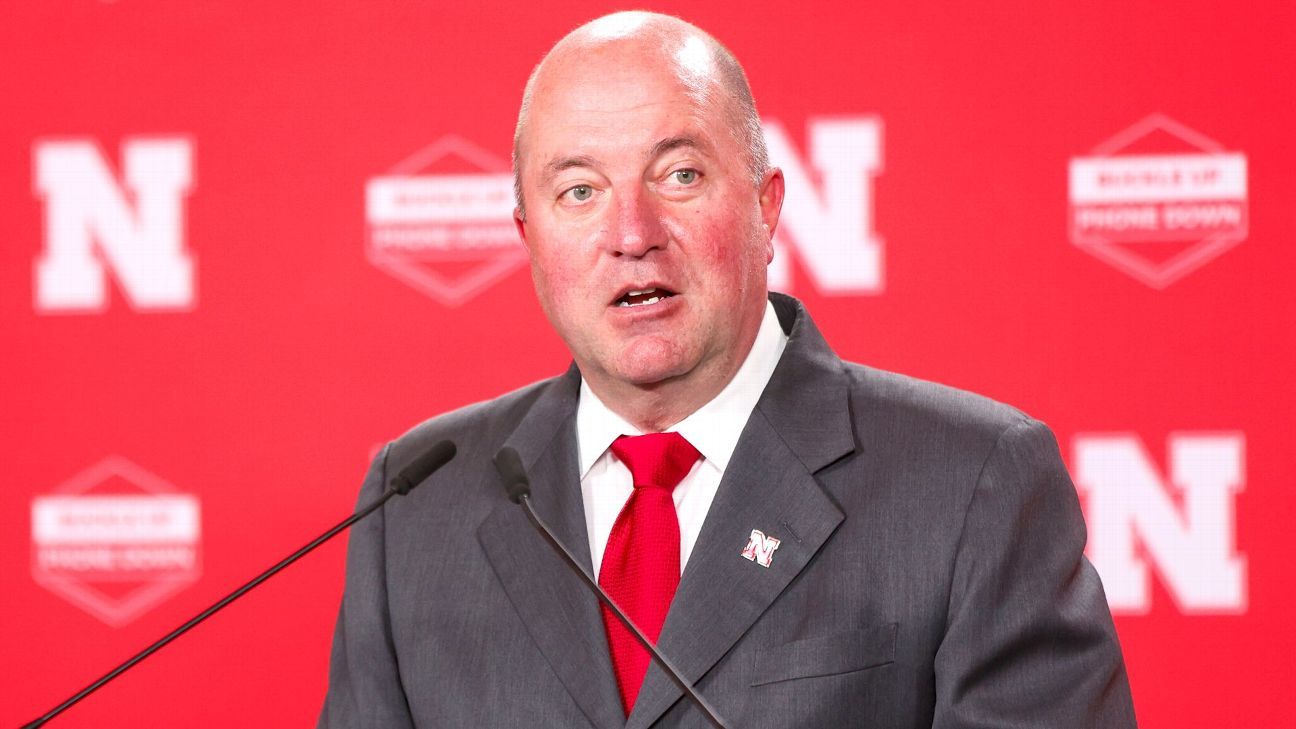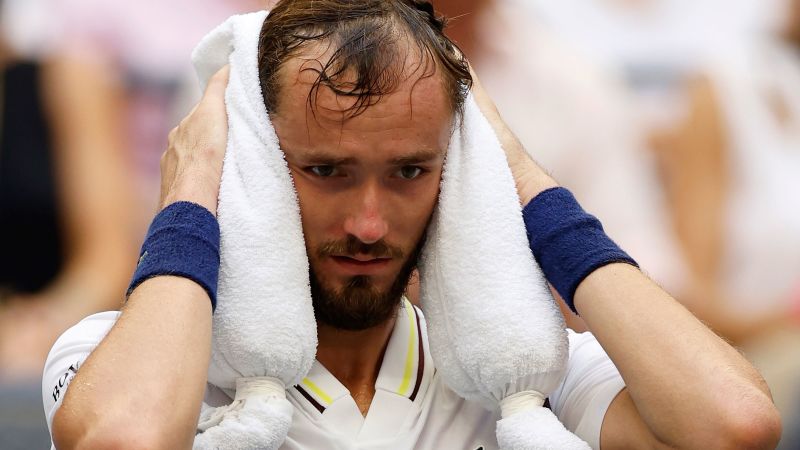“Man, I have faith“… Brother, I have faith.
No one knows for sure who coined the phrase (there are several theories, none proven) that has become the unofficial motto of the Venezuelan national team. But it has stuck. If you watch Venezuela's games in the Copa America or follow them on social media, it's everywhere.
“It's part of our identity as a team,” captain Salomon Rondon told Marca. “It's part of our football.”
“You can never lose faith,” coach Fernando Batista said last week. “In life, not just in football. There's a whole country behind that saying. But it's just a saying.”
Venezuela's performance in the Copa America so far, with wins over Ecuador, Mexico and Jamaica in Group B, has given fans reason to believe. The Vinotinto — named for the burgundy color of their home jerseys — equaled favorites Argentina and Uruguay as the only countries to earn maximum points in the tournament's group stage, and will now face Canada in the quarterfinals in Arlington, Texas, on Friday.
A team that has only reached the Copa America semi-finals once in the competition's history, in 2011, is now one win (against a Canadian team participating in the tournament for the first time) away from matching that achievement.
In the ultra-competitive environment of South American international soccer, Venezuela has tended to struggle, overshadowed by more successful neighbors such as Brazil and Colombia. Baseball's status as Venezuela's number one sport and the country's tense politics, which often lead to chaotic sports administration, have not helped.
“Venezuela has suffered a lot of non-football problems in recent years,” commentator Jairo Robles of Venezuelan radio station Sports 96.7fm told ESPN. “There were conflicts between the federation and the players, logistical problems, a lot of negative things.”
“Today everything has improved. They are on the right track, with the right preparation, with perfect logistics. There are no complaints from the players, so they can focus on football.
“Then there is the form of the players with their clubs. Many of them are key players: Salomon Rondon in Mexico [at Pachuca]Yeferson Soteldo in Brazil [at Santos and Gremio]Yangel Herrera's great form at Girona [in LaLiga].
“All of this has come together in the national team. Venezuelan players have always had talent. But it has never been well organized. It has been like this for decades. There was never any professional preparation. Now there is.”
Venezuela is the only CONMEBOL country that has never qualified for the World Cup. In its attempt to qualify for Qatar 2022, it finished tenth, last in the table, with just 10 points and losing 14 of its 18 matches.
In the Copa América, in addition to that 2011 semi-final, when they lost to Paraguay on penalties, they have had respectable appearances in the quarter-finals in 2016 and 2019, losing on both occasions to Argentina. But in the 2021 edition they were eliminated in the group stage, without winning a single match.
The climate has changed over the past year under Argentine coach Fernando Batista, who was appointed in March 2023, having previously worked as an assistant to his predecessor, José Pekerman. Despite being below eight of CONMEBOL’s ten nations in FIFA’s world rankings (only Bolivia is below), Venezuela is fourth in the 2026 World Cup qualification standings, with six matches played.
They are behind Argentina, Uruguay and Colombia, but ahead of the rest, including giant Brazil. The top six teams will go to the World Cup, and the seventh-placed team will go to the intercontinental playoffs.
Results and performances have been encouraging. Venezuela drew 1-1 in Brazil on October 13 and beat Chile 3-0 four days later. They have lost just once, to Colombia. But the marathon nature of South American qualifying (with all 10 teams in the same group) means there are still 12 games to play, between September 2024 and September 2025.
“Venezuela is now confirming what it has shown in the World Cup qualifiers,” says Robles. “It is in fourth place and it is no coincidence that these are the four teams that have finished first in the Copa America group.”
“Everything has been falling into place. The players have understood the tactics and have won important matches. What Venezuela had trouble with before was finishing off matches, the small details, and now they have been able to do so. In the past they did not take advantage of opportunities.”
“Regardless of the system, and we've used every formation imaginable, adapting to what the game needs, our style of play is non-negotiable,” assistant coach Leandro Cufre said this week. “We try to be proactive, to make sure the opponent touches the ball as little as possible in our half of the pitch. That's always the intention.”
Heading into this Copa America, players and coach Batista framed the tournament as a continuation of a learning curve, rather than an end in itself.
“This is a process, a project,” Batista said. “Beyond the results, there is a project. This [tournament] It will help these young people gain experience, knowing that they can be the future of the Red wine.”
Venezuela's preparation for the Copa America was questioned. It was the only team that decided not to play any pre-tournament friendlies in June, preferring instead to concentrate on training at its base in Tampa, Florida. “We had 15 or 16 days of training,” Batista said. “That's what we wanted. To get the group together, work physically and work on the details.”
So far, that work has paid off. Venezuela beat Ecuador 2-1 in its opener on June 23 (helped by an early red card for Ecuador striker Enner Valencia) and then beat Mexico 1-0, with goalkeeper Rafael Romo the hero after brilliantly saving a penalty in the 87th minute.
ROMO STOPS PINEDA'S PENALTY 😱
Venezuela maintains 1-0 lead! photo.twitter.com/pwbY368sj0
— FOX Soccer (@FOXSoccer) June 27, 2024
Captain Rondón scored in that match, also from a penalty, and then found the net in the 3-0 win over Jamaica that confirmed first place in Group B, qualifying for the quarterfinals with Canada.
If Venezuela has a star, it is 34-year-old centre-forward Rondón, a former player for Málaga, West Bromwich Albion, Newcastle United and Everton, and now a player for Pachuca in Liga MX. He is his country's all-time leading scorer, with 43 goals, and the top scorer in the Copa América, with six. He will break the country's record for participation in the tournament if he plays Canada.
Rondón has experienced Venezuela's disappointments – and Copa América failures – first-hand over the past 15 years.
“What the men's team is missing is the World Cup,” he told Marca last month. “We always compete in the qualifiers. We are fourth.” 1720203749But that doesn't mean anything yet. We have to keep working and improving.
“We are going to take advantage of this Copa América to continue strengthening what we have done as a team. Reach the World Cup [in 2026] “It would be fantastic, not only for the team and the federation, but for the country.”
Instead of its usual underdog status, Venezuela could be the favorite in the game against newcomers Canada, which has already eliminated Chile and Peru in the group stage.
“Venezuela has been here before,” Robles told ESPN. “They know what it's like to be in the semi-finals. They did it in 2011, when they were one penalty away from making it to the final.”
“It's difficult to predict whether they can be champions, or reach the final. But they have shown it in the World Cup qualifiers, drawing with Brazil. They have something important, beyond being tactically organized. They have players who can open a match, who can decide it on their own, like Yeferson Soteldo and [winger] Darwin Machis.
“After that, it's win or lose, but they can be among the top four teams in the United States. I think they can do it. Anything beyond that would be a plus. Now, the focus is on Canada.”
Reaching the Copa America semi-finals would not just be an achievement in itself. It would be proof that the fans' faith in the team is justified and proof of the drive Venezuela has to advance. It could take them all the way to the 2026 World Cup.

